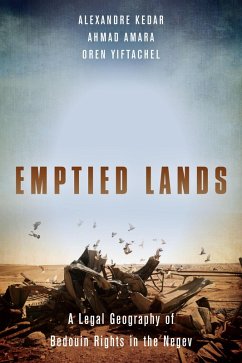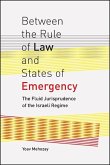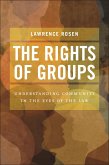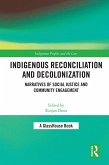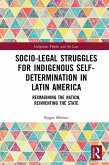Emptied Lands investigates the protracted legal, planning, and territorial conflict between the settler Israeli state and indigenous Bedouin citizens over traditional lands in southern Israel/Palestine. The authors place this dispute in historical, legal, geographical, and international-comparative perspectives, providing the first legal geographic analysis of the "dead Negev doctrine" used by Israel to dispossess and forcefully displace Bedouin inhabitants in order to Judaize the region. The authors reveal that through manipulative use of Ottoman, British and Israeli laws, the state has constructed its own version ofterra nullius. Yet, the indigenous property and settlement system still functions, creating an ongoing resistance to the Jewish state.Emptied Lands critically examines several key land claims, court rulings, planning policies, and development strategies, offering alternative local, regional, and international routes for justice.
Dieser Download kann aus rechtlichen Gründen nur mit Rechnungsadresse in A, D ausgeliefert werden.

